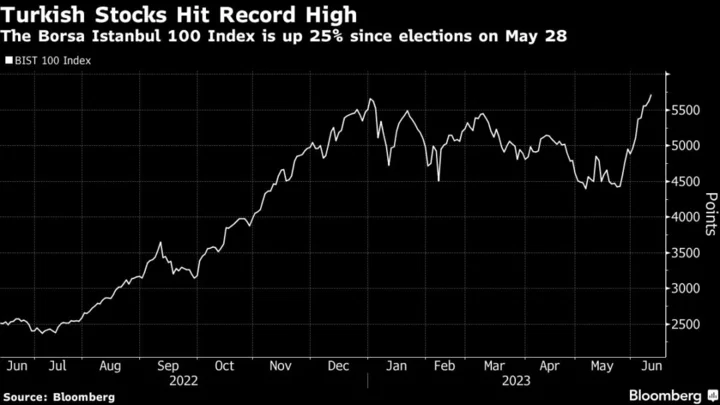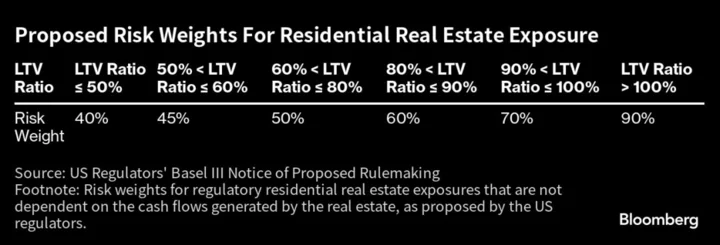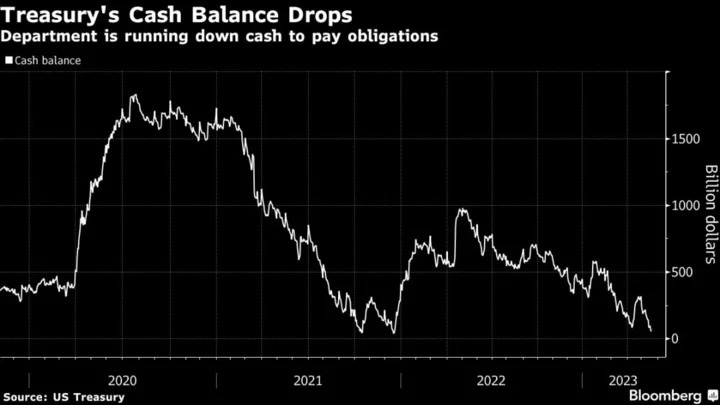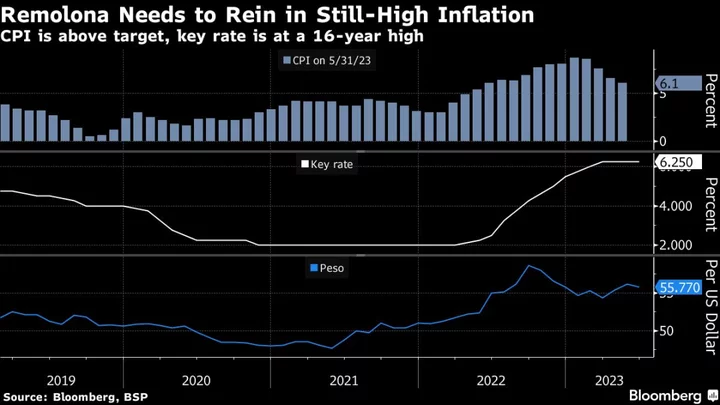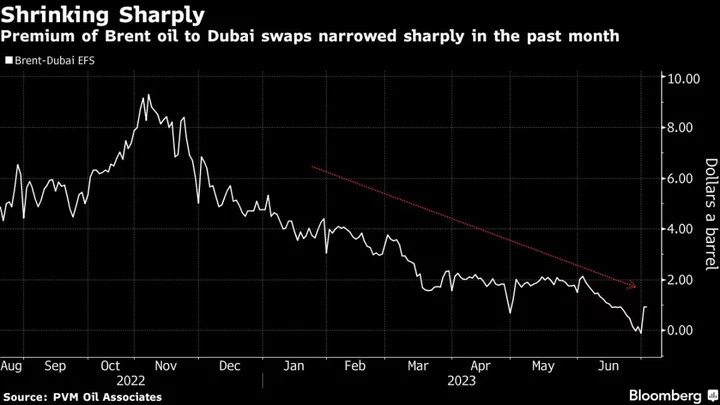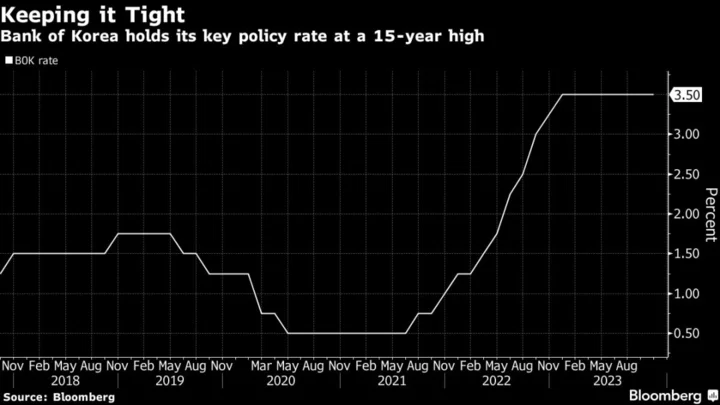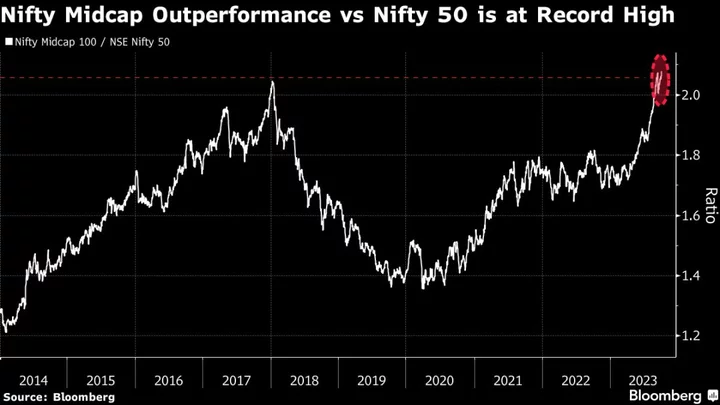Turkish stocks surged to record highs, while the lira remained at all-time lows, as the appointment of two former Wall Street bankers to the country’s new economy team fueled optimism that the government will return to more conventional policies.
The Borsa Istanbul 100 Index climbed as much as 1.8% to an all-time peak of 5,730.19, extending gains to 25% since the second round of presidential elections on May 28. Still, the benchmark remains among this year’s worst-performing major indexes in US dollar terms, falling 18% as a result of lira weakness, which has accelerated amid signs that the government is loosening its costly intervention strategy.
The stock benchmark has been on a tear since President Recep Tayyip Erdogan pledged a new economy team with “international credibility” in his first speech following the elections. On Friday, he appointed Hafize Gaye Erkan, a former co-chief executive officer of First Republic Bank, to head the country’s central bank, a week after naming Mehmet Simsek, a former Merrill Lynch strategist, as his new treasury and finance minister.
Erdogan’s Wall Street Team Gets Icy Reception in Foreign Markets
Traders are hopeful that the appointments show Turkey is moving away from the unorthodox economic policies that have led to capital flight by foreign investors in recent years.
Increased Pressure
The optimism among traders for a policy reset also comes from their growing conviction that the country has almost run out of scope to extend its unorthodox policies, as highlighted by the record current account gap earlier this year. At the same time, years of costly interventions have depleted foreign reserves, while keeping the lira artificially stable.
Turkey’s Record Current-Account Gap Piles Pressure on Simsek
The current account deficit unexpectedly widened to $5.4 billion in April, central bank data showed on Monday, from a revised $4.9 billion in March.
“While the summer months will relieve some of this pressure as tourism income rises and debt repayments fall, we think this reprieve will be short-lived and a sizable depreciation of the exchange rate and a tightening in policy is necessary,” Goldman economists Clemens Grafe and Basak Edizgil said in a report before the data release.
Since the vote on May 28, which gave Erdogan another five years in office, the Turkish lira has depreciated more than 15% versus US dollar.
“Regulations have likely increased market distortions and unwinding these measures in a way that doesn’t pose risks to financial stability will be challenging, especially as they have raised the threshold for effective tightening via policy rates,” Deutsche Bank strategists including Christian Wietoska said in a report.
(Updates with details about financial imbalances, comments from Goldman and Deutsche)

